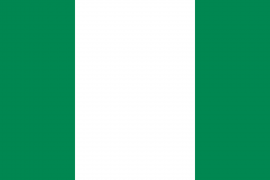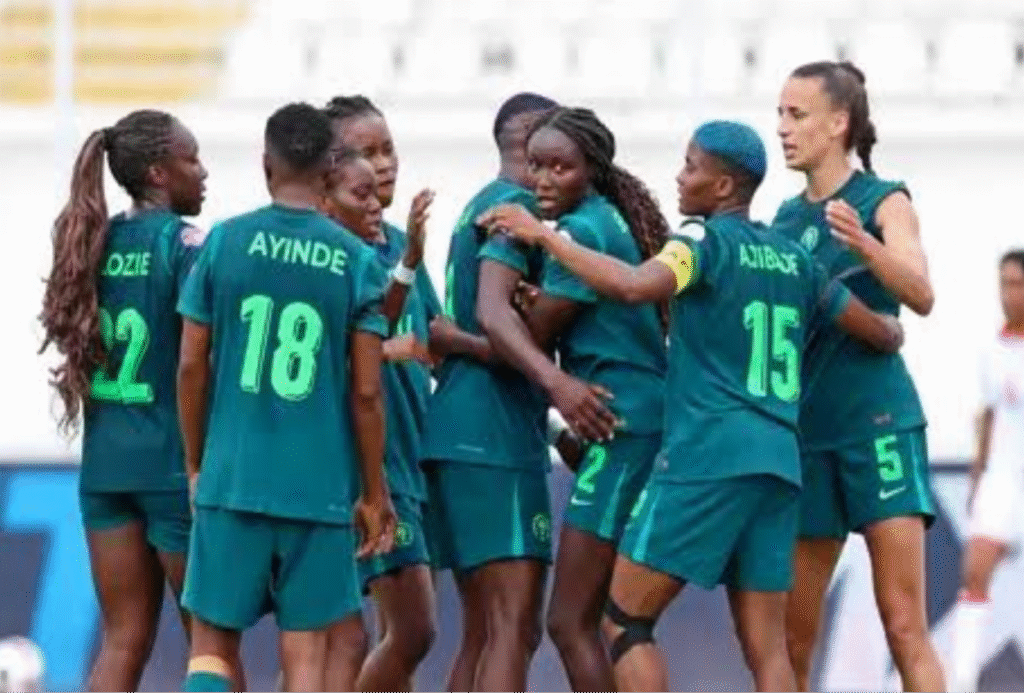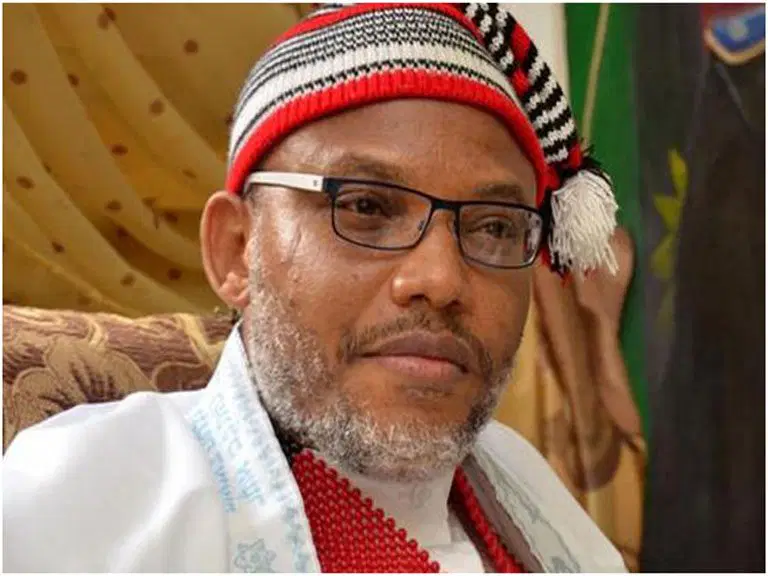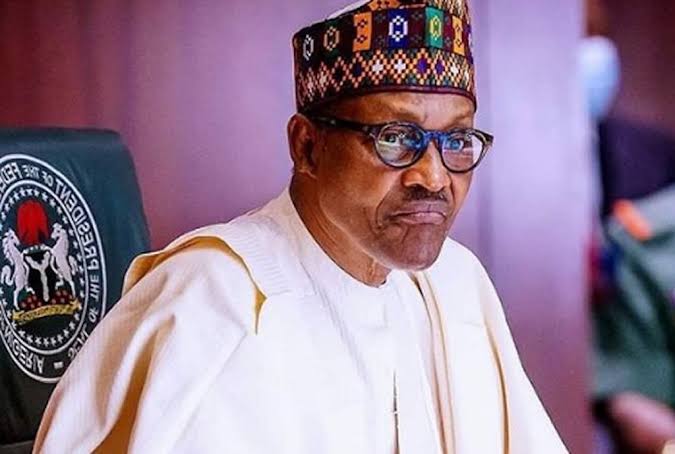Counting the costs of choosing English over Nigerian indigenous languages

By Demola Adeleke, Chioma Ahuekwe & Winifred Achebe
In a multi- ethnic country like Nigeria, where over 521 indigenous languages are spoken, adopting an official language as the lingua franca is deemed to be the only way by which all the various ethnic groups could communicate and understand one another.
The official language of Nigeria, English, which is the former colonial language, was chosen to facilitate the cultural and linguistic unity of the country. It was to be taught as a school subject right from the first year of primary education so as to firmly build a well-organized grammatical structure in children.
The social significance attributed to English language is what makes it a compulsory subject in both elementary and secondary schools. As a result, a Nigerian student needs not to be told that one of the conditions on which his/her admission to the college hangs is to have at least a credit pass in English language.
In Nigeria today, English language has graduated from its original socialization and communication function into one of the instruments through which a person can show off his social standing. People now adopt the language, not only to communicate but also to impress others with the level of fluency in which they speak it. The belief behind this is that one who speaks the language fluently is well cultured and sophisticated, which earns him more respect in the society, hence, many families and households have purposely or unknowingly abandoned their cultural heritage in which their various indigenous languages are embedded with the adoption of the western culture as well as their language as a replacement.
Nowadays, the undue priority placed upon our lingua franca has degraded many Nigerian indigenous languages. Both young and old now seek fluency in speaking English. This is because they want to fit in as veteran speakers of the language which makes them to disregard their mother tongue and subsequently consider it as language for the aged.
About a hundred year ago, most, if not all Nigerians were fluent in their native tongue because every language spoken in each tribe was highly appreciated and cherished. However, since the adoption of English language as our official language, it has overshadowed all other native languages, hence, making them less significant. If you look around today, you will realize that many folks that even speak their native language do not know the grammatical rules, the complete alphabets and even how to write them correctly and this is simply as a result of the neglect these languages suffer in the society.
It is evident that in Nigeria, social groups like schools and families are the key participants in the abandonment of these indigenous languages. Most parents often do not allow their children to speak the native language because they believe that it will be a merit on their side if their children learn English language as the first language instead of the original mother tongue which could be any of the native languages spoken within Nigeria. These parents teach their children solely the lingua franca and deny them their right to learn their indigenous language which could have helped in building some cultural norms and values in them.
Nowadays, the undue priority placed upon our lingua franca has degraded many Nigerian indigenous languages. Both young and old now seek fluency in speaking English. This is because they want to fit in as veteran speakers of the language which makes them to disregard their mother tongue and subsequently consider it as language for the aged.
The school is another major factor which does not tolerate the smooth flow of native languages in Nigeria. Many a time, students are prohibited from speaking vernacular (Igbo, Hausa, Yoruba) mostly in primary and secondary schools and which failure to abide by, could attract some punishments from the teachers and sometimes, a fixed fine is paid by any student that goes against the instruction. With this, the students are forced to speak English by all means and totally languish their native languages which have unconsciously been portrayed as a taboo by their teachers.
Similarly, higher institutions of learning like the universities, polytechnics and colleges of education are not exempted from this accusation. Research has shown that students in tertiary institutions who are not under any compulsion to ignore their indigenous languages like the primary and secondary schools now find it more appealing to speak the lingua franca to themselves as opposed to their local languages.
Ordinarily, students who would have spoken their individual indigenous language at home will meet in school and forget the fact that they are from the same locality owing to the way they interact using the official language, thereby lacking that intimacy that would have been present between them supposing it were to be their mother tongue.
Looking at this behavior among the college students with a critical eye, one could observe that their belief in most cases is that speaking the English language fluently is the major attribute in determining how sound or sophisticated a student is. Therefore, the students who have borne this in mind ignore their local indigenous languages for the adopted language (English language) which is believed to be more presentable, more refined and more cultivated.
Equally, the disdaining perception towards these Nigerian native languages by some modern Nigerians has drawn students seeking admission into the tertiary institutions away from choosing them as their preferable field of study. In recent times, admission seekers only choose to study these languages under some undesirable circumstances e.g. having a low score in matriculation exams etc.
In view of this decline in the pride of these languages, most admission seekers barely include them in the options of courses they will like to study in the tertiary institutions and which in turn results to a scanty number of students that apply for the courses (Nigerian languages) annually.
Apparently, there is a probability that the wide dominance of English language in Nigeria can lead to the gradual extinction of our local tongues in some decades to come if they continue to suffer this neglect.
According to Dr. Samson Okerinde, A lecturer at the department of Linguistics and Nigerian Languages; University of Ibadan, “the over-embracing attitude of the modern Nigerians towards English language has shrunk the number of people that can speak their local dialects perfectly.
Continuing, he said “the way things are going now, there is a tendency that the Nigerians of the 22nd century will only read about their native languages in books without even knowing how to speak them because if care is not taken, these indigenous languages will suffer obsolescence”.
He also added that most Nigerians will only speak their native tongue if it is mandatory to survive with it in the society (especially if we study and write in this language and all areas of the society communicate with it). But if not, Nigeria may end up like Ireland, Brazil and most countries that replaced their own native tongue with a foreign one due to external influences.
“…the way things are going now, there is a tendency that the Nigerians of the 22nd century will only read about their native languages in books without even knowing how to speak them because if care is not taken, these indigenous languages will suffer obsolescence”.




